First duel between NFTs and copyright before the Spanish courts: NFTs 1 – Authors 0
Kluwer Copyright Blog
APRIL 22, 2024
The rise in popularity of non-fungible tokens (NFTs) has attracted a great deal of attention from copyright practitioners and aficionados. Basically, because an NFT is an encoded digital metadata file of a copy of a work that can be copyright protected. And why is that?


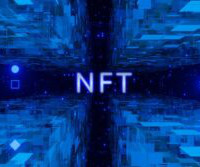

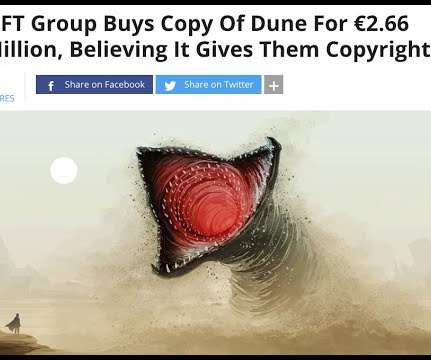

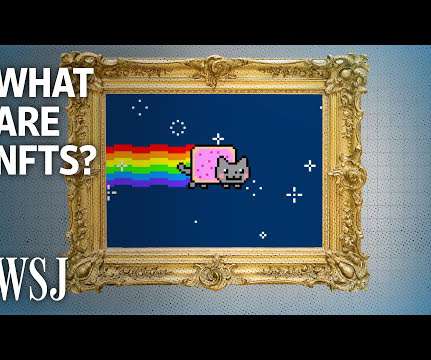
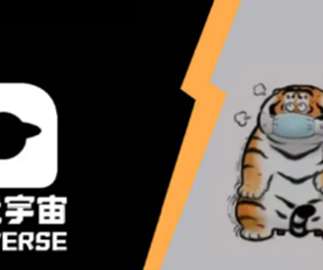

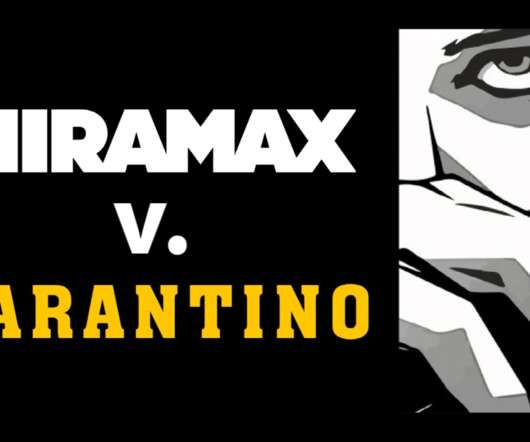






Let's personalize your content